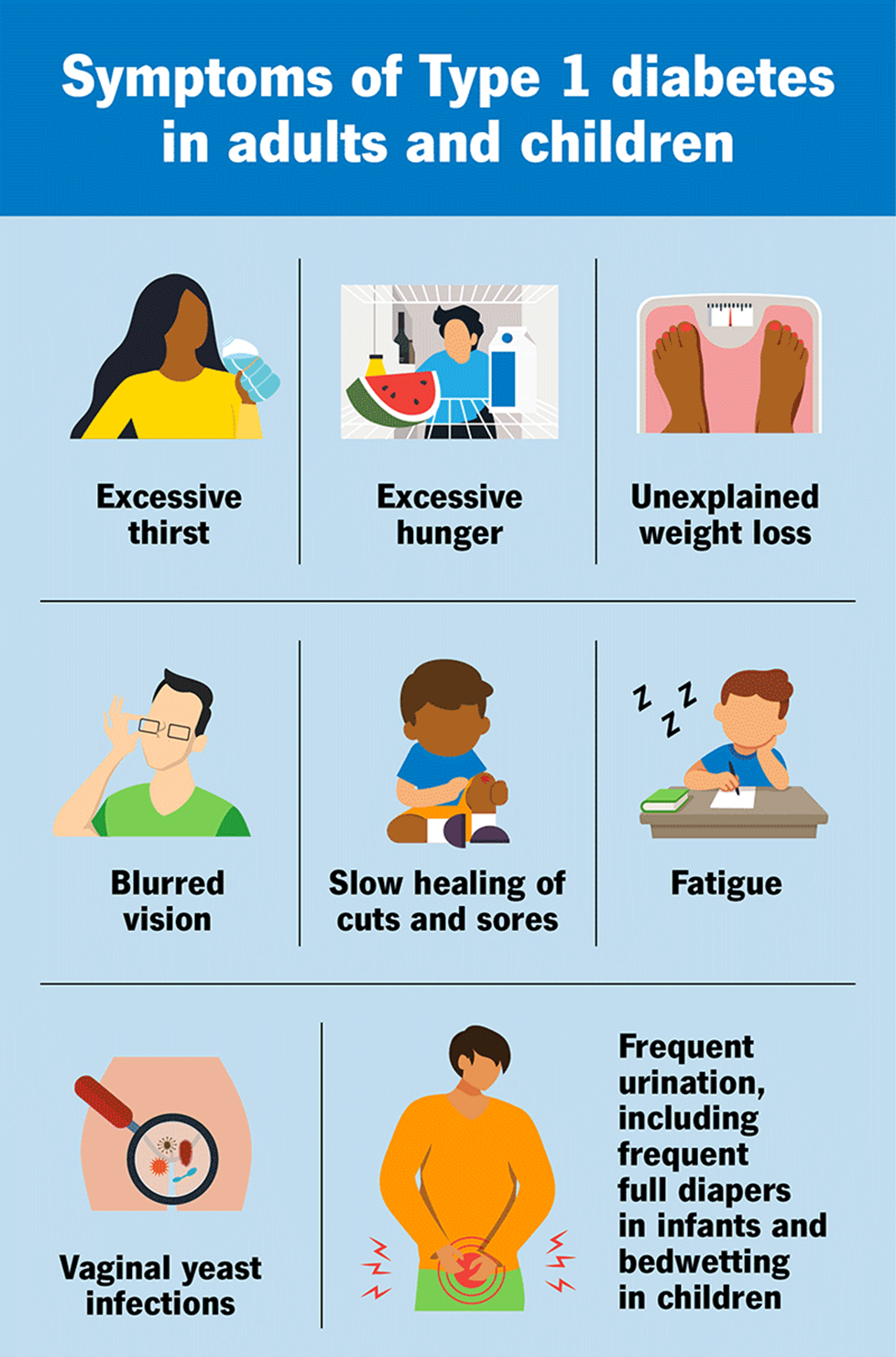The nurse is teaching a client with type 1 diabetes mellitus (DM) about the onset, peak, and duration of a new prescription for glargine insulin. If the insulin is administered at 0800, when is the client most likely to experience hypoglycemia?
Midmorning.
No peak occurs.
Midafternoon.
Shortly after midnight.
The Correct Answer is B
Choice A reason: Midmorning is not a likely time for experiencing hypoglycemia after administering glargine insulin at 0800, because glargine insulin has a slow onset of action (about 1 hour) and does not have a pronounced peak effect. Glargine insulin is a long-acting insulin that provides a steady level of insulin throughout the day and night.
Choice B reason: No peak occurs is the correct answer for when hypoglycemia is most likely to occur after administering glargine insulin at 0800, because glargine insulin does not have a pronounced peak effect that could cause a sudden drop in blood glucose levels. Glargine insulin is a long-acting insulin that provides a steady level of insulin throughout the day and night.
Choice C reason: Midafternoon is not a likely time for experiencing hypoglycemia after administering glargine insulin at 0800, because glargine insulin has a long duration of action (about 24 hours) and does not have a pronounced peak effect. Glargine insulin is a long-acting insulin that provides a steady level of insulin throughout the day and night.
Choice D reason: Shortly after midnight is not a likely time for experiencing hypoglycemia after administering glargine insulin at 0800, because glargine insulin has a long duration of action (about 24 hours) and does not have a pronounced peak effect. Glargine insulin is a long-acting insulin that provides a steady level of insulin throughout the day and night.

Nursing Test Bank
Naxlex Comprehensive Predictor Exams
Related Questions
Correct Answer is A
Explanation
Choice A reason: Eliminating use of nonsteroidal anti-inflammatory drugs (NSAIDs), such as ibuprofen or naproxen, is an instruction that the nurse should provide to the client who is taking lithium carbonate, which is a medication that stabilizes mood and prevents manic episodes. NSAIDs can increase the blood levels of lithium and cause toxicity, which can manifest as nausea, vomiting, tremors, confusion, or seizures.
Choice B reason: Monitoring blood glucose levels daily is not an instruction that the nurse should provide to the client who is taking lithium carbonate, which is a medication that does not affect the blood sugar levels or the risk of diabetes. Blood glucose levels may be important for the general health of the client, but they are not related to lithium therapy.
Choice C reason: Notifying healthcare provider prior to dental procedures is not an instruction that the nurse should provide to the client who is taking lithium carbonate, which is a medication that does not interact with local anesthetics or antibiotics that may be used during dental procedures. However, the client should inform the dentist about their medical history and medications, as a precaution.
Choice D reason: Avoiding consuming all foods that contain iodine is not an instruction that the nurse should provide to the client who is taking lithium carbonate, which is a medication that does not interfere with the thyroid function or the metabolism of iodine. Iodine is an essential nutrient that is found in many foods, such as seafood, dairy products, eggs, and iodized salt. Avoiding iodine can cause deficiency and lead to goiter or hypothyroidism.
Correct Answer is B
Explanation
Choice A reason: Midmorning is not a likely time for experiencing hypoglycemia after administering glargine insulin at 0800, because glargine insulin has a slow onset of action (about 1 hour) and does not have a pronounced peak effect. Glargine insulin is a long-acting insulin that provides a steady level of insulin throughout the day and night.
Choice B reason: No peak occurs is the correct answer for when hypoglycemia is most likely to occur after administering glargine insulin at 0800, because glargine insulin does not have a pronounced peak effect that could cause a sudden drop in blood glucose levels. Glargine insulin is a long-acting insulin that provides a steady level of insulin throughout the day and night.
Choice C reason: Midafternoon is not a likely time for experiencing hypoglycemia after administering glargine insulin at 0800, because glargine insulin has a long duration of action (about 24 hours) and does not have a pronounced peak effect. Glargine insulin is a long-acting insulin that provides a steady level of insulin throughout the day and night.
Choice D reason: Shortly after midnight is not a likely time for experiencing hypoglycemia after administering glargine insulin at 0800, because glargine insulin has a long duration of action (about 24 hours) and does not have a pronounced peak effect. Glargine insulin is a long-acting insulin that provides a steady level of insulin throughout the day and night.

Whether you are a student looking to ace your exams or a practicing nurse seeking to enhance your expertise , our nursing education contents will empower you with the confidence and competence to make a difference in the lives of patients and become a respected leader in the healthcare field.
Visit Naxlex, invest in your future and unlock endless possibilities with our unparalleled nursing education contents today
Report Wrong Answer on the Current Question
Do you disagree with the answer? If yes, what is your expected answer? Explain.
Kindly be descriptive with the issue you are facing.
